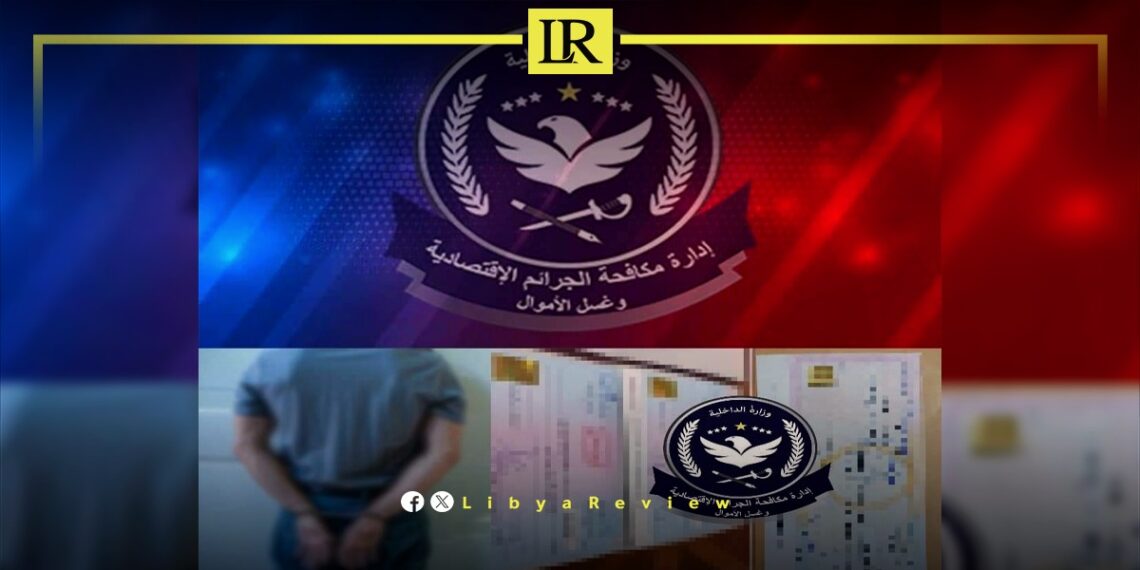The Libyan Economic Crimes and Money Laundering Department in Benghazi uncovered a criminal gang involved in forging checks to purchase goods, including home appliances and vehicles.
Following a report from Wahda Bank about receiving forged checks, investigations revealed that the criminals used multiple mobile phone numbers to coordinate with delivery drivers, who unknowingly transported goods bought with the fake checks.
One transaction involved the purchase of goods worth 400,000 Libyan dinars, which were transported from Benghazi to Tobruk and then disappeared.
After thorough investigation, authorities arrested a key suspect, identified as (A.B.N.), who confessed to receiving the goods in Tobruk and smuggling them to Egypt for sale at a lower price.
The mastermind behind the operation was linked to two prisoners in Kuifiya prison, who orchestrated the crime from behind bars.
Legal action has been initiated against all involved.
Libya has been in chaos since a NATO-backed uprising toppled longtime leader Muammar Gaddafi in 2011. The county has for years been split between rival administrations.
Libya’s economy, heavily reliant on oil, has suffered due to the ongoing conflict. The instability has led to fluctuations in oil production and prices, impacting the global oil market and Libya’s economy.
The conflict has led to a significant humanitarian crisis in Libya, with thousands of people killed, and many more displaced. Migrants and refugees using Libya as a transit point to Europe have also faced dire conditions.
The planned elections for December 2021 were delayed due to disagreements over election laws and the eligibility of certain candidates. This delay has raised concerns about the feasibility of a peaceful political transition.
Despite the ceasefire, security remains a significant concern with sporadic fighting and the presence of mercenaries and foreign fighters. The unification of the military and the removal of foreign forces are crucial challenges.


